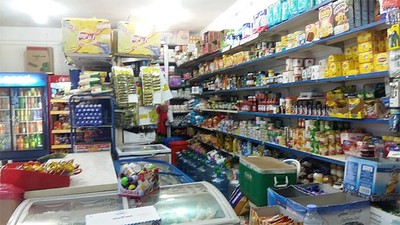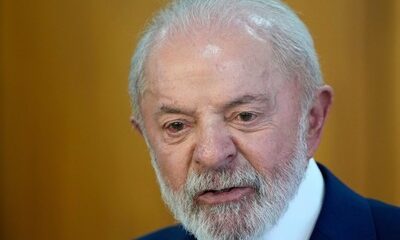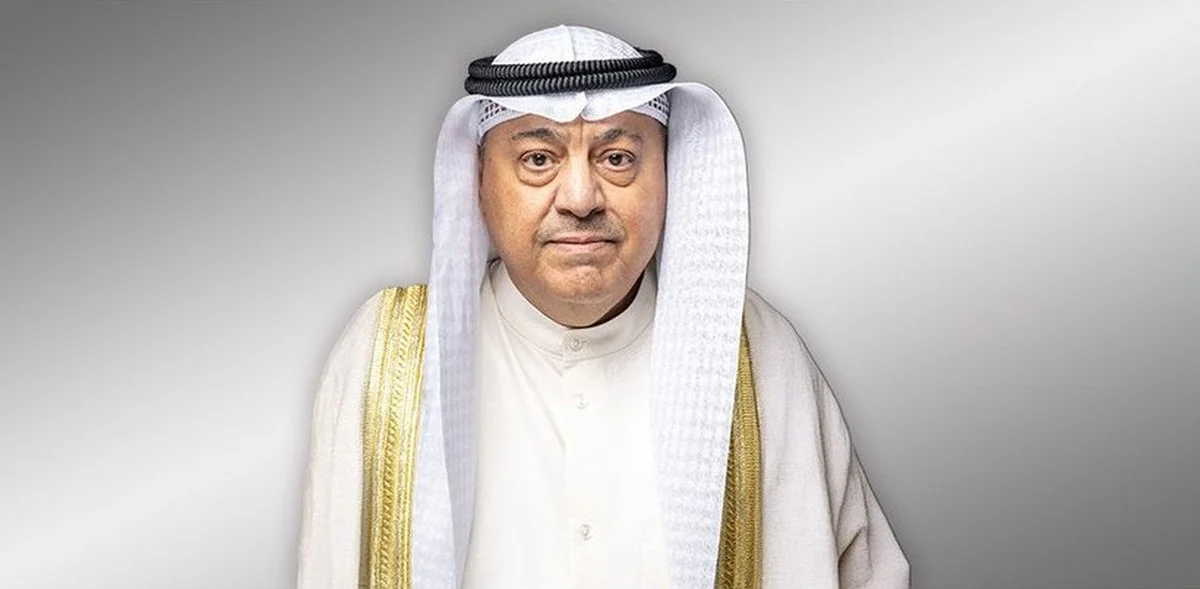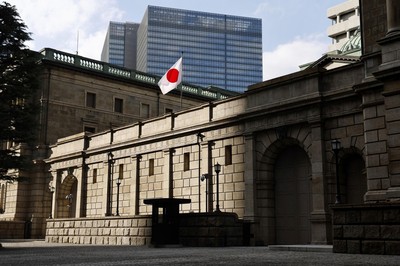RIYADH, June 27: The Saudi Ministry of Municipal and Rural Affairs and Housing has announced sweeping changes to the operations of small grocery stores—known locally as baqalas—prohibiting them from selling several commonly stocked items, including tobacco, dates, meat, fruits, and vegetables.
The decision, issued by Minister Majed Al-Hogail, aims to restructure the Kingdom’s retail landscape while elevating public health and food safety standards. The new regulation is effective immediately; however, existing establishments will have a six-month grace period to comply.
Key Restrictions
Under the new rules, grocery stores, kiosks, and mini markets are no longer permitted to sell:
- Tobacco products, including cigarettes, electronic cigarettes, and shisha
- Dates
- Fresh meat
- Fruits and vegetables
These items may now only be sold in:
- Supermarkets, which must obtain a special license for meat sales
- Hypermarkets, which may sell all the above without requiring additional permits
The sale of accessories such as charger cables and prepaid recharge cards will still be allowed across all retail formats, including baqalas.
Revised Space Requirements
The regulation also introduces new minimum space requirements for each retail category:
- Baqalas (small grocery stores): Minimum of 24 square meters
- Supermarkets: Minimum of 100 square meters
- Hypermarkets: Minimum of 500 square meters
These requirements are intended to create clear operational distinctions between store types and ensure more rigorous oversight.
Impact on Retailers and Consumers
The regulation is expected to affect thousands of small retailers across the Kingdom, many of which have long depended on items like dates and tobacco to drive daily sales. Store owners seeking to continue offering restricted goods will need to either expand their premises or transition to a higher retail classification.
For consumers, the new policy could mean fewer convenience options at local shops, particularly for fresh produce. However, officials say the changes will enhance consumer protection through better product storage and handling practices in larger, licensed establishments.
Enforcement and Compliance
The Ministry confirmed that inspection teams will monitor compliance throughout the six-month transition period. After that, non-compliant businesses may face penalties, including fines or possible closure.
The reforms are part of Saudi Arabia’s broader efforts under Vision 2030 to modernize its economy, streamline commerce, and promote public well-being through stricter food and retail standards.

 Politics19 hours ago
Politics19 hours ago
 Latest News17 hours ago
Latest News17 hours ago
 Latest News24 hours ago
Latest News24 hours ago
 Politics17 hours ago
Politics17 hours ago
 Politics16 hours ago
Politics16 hours ago
 Latest News12 hours ago
Latest News12 hours ago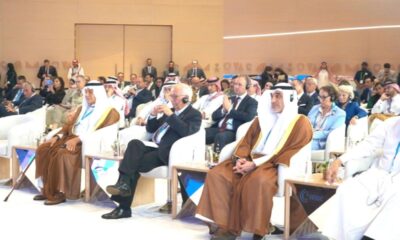
 Latest News9 hours ago
Latest News9 hours ago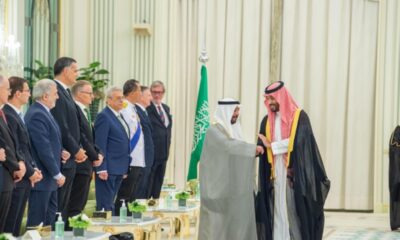
 Latest News8 hours ago
Latest News8 hours ago
